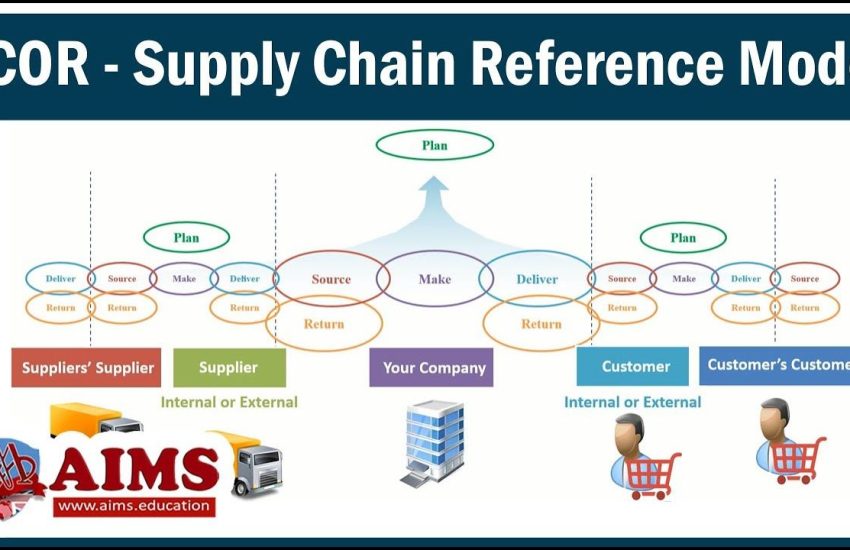Machine Learning Solutions: Automation and Optimization
Machine learning has revolutionized the way businesses operate by automating and optimizing various processes. With the ability to analyze large amounts of data quickly and accurately, machine learning algorithms can provide valuable insights that lead to improved efficiency, cost savings, and better decision-making. In this article, we will explore how machine learning solutions are transforming industries through automation and optimization.
Understanding Machine Learning
Machine learning is a subset of artificial intelligence that focuses on the development of algorithms and statistical models. These algorithms are designed to enable computers to learn and make predictions or take actions without being explicitly programmed. Machine learning algorithms continually improve themselves as they are exposed to more data, enabling them to make better decisions over time.
There are several types of machine learning techniques, including supervised learning, unsupervised learning, and reinforcement learning. Each technique has its own application depending on the problem at hand. Supervised learning involves training an algorithm on labeled data to predict outcomes, while unsupervised learning discovers patterns and relationships in unlabeled data. Reinforcement learning involves training an algorithm through trial and error, where it receives feedback based on its actions.
Automation with Machine Learning
One of the key benefits of machine learning is its ability to automate repetitive tasks that were previously performed by humans. This automation not only saves time and resources but also minimizes errors and provides consistent results. Machine learning algorithms can be trained to perform various tasks, such as data entry, document classification, customer support, and quality control.
For example, in the customer support industry, chatbots powered by machine learning algorithms can handle a significant portion of customer inquiries. These chatbots can understand and respond to natural language, providing instant solutions and reducing the need for human intervention. By automating customer support, businesses can improve response times, reduce costs, and provide 24/7 service.
In the field of manufacturing, machine learning algorithms can automate quality control processes. By analyzing sensor data from production lines, machine learning algorithms can identify defects or deviations from standard patterns. This enables manufacturers to detect and address issues in real-time, reducing waste and improving product quality.
Optimization through Machine Learning
Another significant advantage of machine learning is its ability to optimize complex processes and make accurate predictions based on historical data. By analyzing patterns and trends, machine learning algorithms can identify inefficiencies, recommend improvements, and make predictions that help businesses make informed decisions.
In the transportation industry, machine learning algorithms are used to optimize route planning and scheduling. By analyzing historical traffic data, weather conditions, and other factors, these algorithms can recommend the most efficient routes for delivery or transportation, considering real-time constraints. This improves delivery times, reduces fuel consumption, and enhances overall logistics operations.
In finance, machine learning algorithms are used to predict market trends and make investment recommendations. By analyzing vast amounts of historical financial data, machine learning models can identify patterns and relationships that humans may not be able to discern. These models can then be used to make informed decisions on buying, selling, or holding investments, leading to higher returns and reduced risk.
The Limitations and Ethical Considerations
While machine learning offers numerous benefits, it also comes with limitations and ethical considerations. Machine learning algorithms are only as good as the data they are trained on. Biased or incomplete data can lead to biased predictions or inadequate solutions. Therefore, it is crucial to ensure that the data used for training is representative, diverse, and free from bias.
Additionally, there are ethical considerations surrounding the use of machine learning, particularly in areas such as privacy and fairness. Machine learning algorithms often rely on large amounts of personal and sensitive data. It is essential to handle this data responsibly, ensuring that privacy is protected and data is used in compliance with regulations and user consent.
Furthermore, machine learning algorithms can inadvertently reinforce or amplify existing biases present in the data. It is crucial to address these biases and ensure fairness in decision-making processes. Transparency and explainability of machine learning models can help mitigate these concerns and ensure accountability.
Conclusion
Machine learning solutions are transforming industries through automation and optimization. By automating repetitive tasks and optimizing complex processes, machine learning algorithms enhance efficiency, reduce costs, and provide valuable insights for decision-making. However, it is essential to address the limitations and ethical considerations associated with machine learning to ensure fairness, transparency, and accountability. As technology continues to advance, the role of machine learning in automation and optimization will only become more significant.


